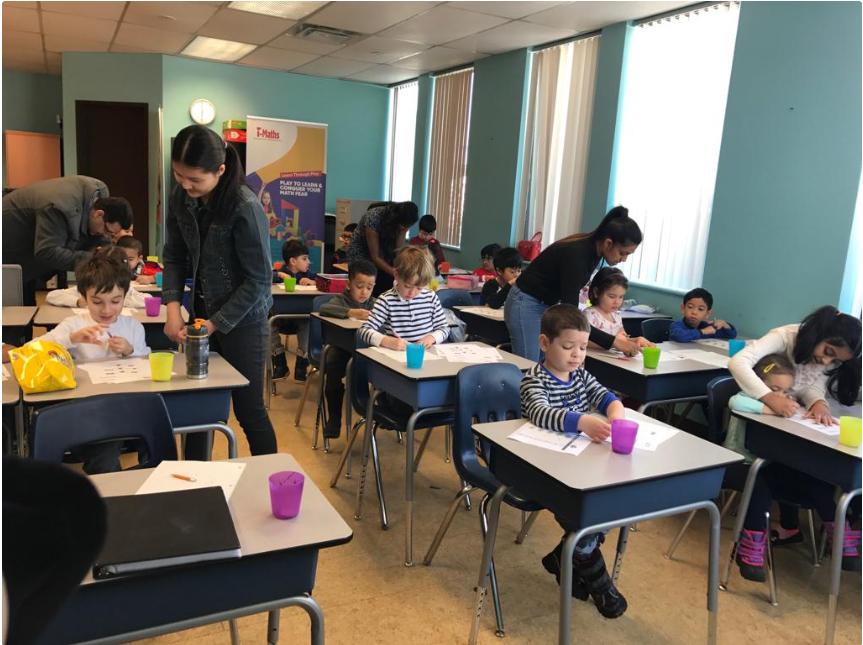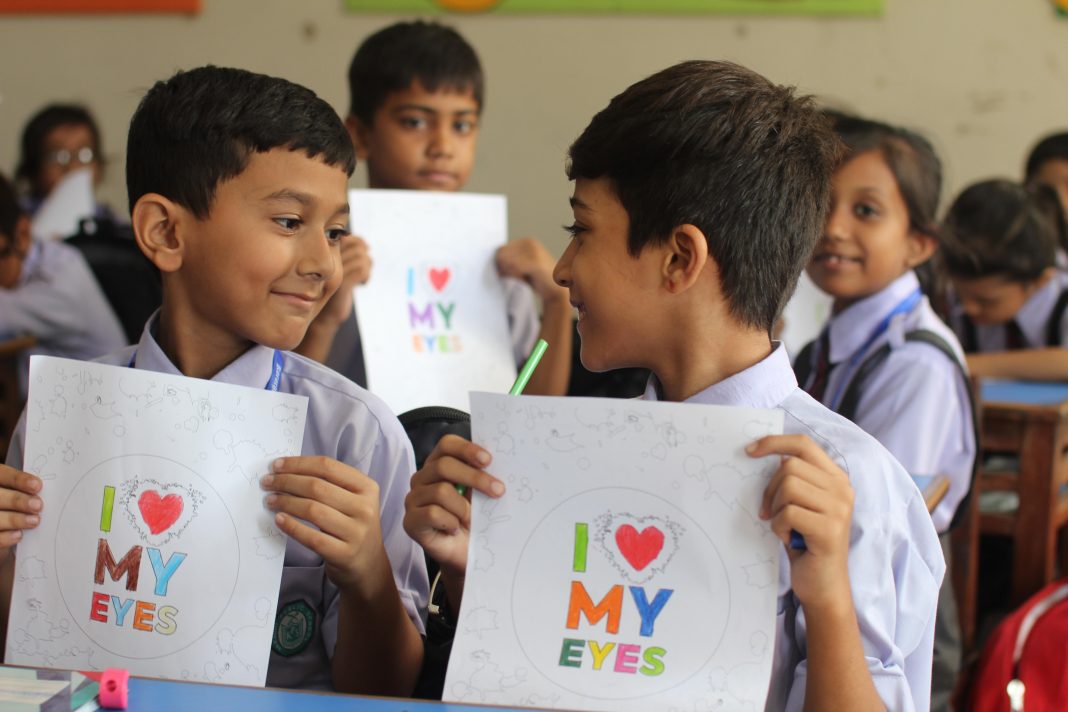In an era defined by rapid technological advancements and an ever-evolving job market, the ability to adapt and continuously learn has become paramount. As parents, preparing our children for a future that is both unpredictable and filled with potential opportunities necessitates a strategic approach centered on lifelong learning. This concept, which extends beyond the confines of traditional education, emphasizes the importance of cultivating a mindset that embraces curiosity, resilience, and adaptability. By fostering these traits, we equip our children not only to navigate the complexities of the modern world but to thrive within it. This article delves into the analytical framework of lifelong learning, exploring its critical components and offering practical strategies for parents committed to ensuring their children are prepared for whatever the future holds. Through a confident examination of educational methodologies and developmental psychology, we aim to illuminate the pathways to nurturing a generation that is both knowledgeable and agile, ready to face the challenges and seize the opportunities of tomorrow.
Fostering Curiosity and Creativity in Early Childhood
In the formative years of a child’s life, nurturing an environment that encourages inquisitiveness and inventiveness can lay a foundation for lifelong learning. Children are naturally curious, and this innate desire to explore and understand the world around them should be actively cultivated. Creating a stimulating environment where questions are welcomed and exploration is encouraged can significantly impact their cognitive and emotional development. Parents and educators can foster this by integrating play-based learning, which allows children to experiment and learn through trial and error, into daily activities.
Here are some strategies to consider:
- Encourage open-ended play: Offer toys and activities that do not have a predetermined outcome, such as building blocks or art supplies, to inspire creativity and problem-solving.
- Introduce diverse experiences: Expose children to various cultures, languages, and disciplines through books, music, and interactive experiences to broaden their horizons and ignite curiosity.
- Model curiosity: Show enthusiasm for learning by asking questions and seeking out new knowledge yourself, demonstrating that curiosity is a lifelong pursuit.
- Create a safe space for failure: Encourage children to take risks and understand that mistakes are a valuable part of the learning process, promoting resilience and adaptability.
By prioritizing these approaches, we can help children develop the critical thinking and creative skills necessary to navigate an ever-changing world confidently.

Building a Strong Foundation with Core Academic Skills
In an ever-evolving world, equipping children with core academic skills is essential for ensuring their adaptability and success. These foundational skills act as the building blocks for more advanced learning and include critical areas such as literacy, numeracy, and critical thinking. Mastering these basics enables children to navigate complex problems, adapt to various learning environments, and communicate effectively. Literacy fosters the ability to comprehend and articulate ideas clearly, while numeracy empowers them to tackle quantitative challenges with confidence. Additionally, honing critical thinking skills encourages them to analyze situations and make informed decisions, a crucial ability in both academic and real-world settings.
- Literacy: Encourages comprehension and effective communication.
- Numeracy: Enhances the ability to solve quantitative problems.
- Critical Thinking: Develops analytical and decision-making skills.
By prioritizing these core skills, parents and educators lay a solid foundation that supports lifelong learning. This approach not only prepares children for future academic endeavors but also equips them with the tools necessary to thrive in diverse career paths. As the demands of the modern world continue to shift, a strong foundation in these areas ensures that children are not only prepared for the future but are also capable of shaping it.
Cultivating Emotional Intelligence for Future Success
In a world where technological advancements and societal changes are accelerating at an unprecedented pace, nurturing emotional intelligence (EI) in children is becoming more crucial than ever. This invaluable skill set—comprising self-awareness, empathy, and effective communication—serves as a cornerstone for future success. As parents and educators, fostering an environment where emotional intelligence can flourish is not only beneficial but essential. By incorporating EI into the framework of lifelong learning, we can prepare children to navigate the complexities of the future with resilience and adaptability.
- Self-awareness: Encourage children to recognize and understand their own emotions, which aids in developing a strong sense of identity and confidence.
- Empathy: Promote the ability to understand and share the feelings of others, fostering a more compassionate and inclusive society.
- Communication skills: Teach effective communication, allowing children to express their thoughts and emotions clearly and constructively.
Integrating these aspects of emotional intelligence into daily activities and learning experiences not only equips children with the tools needed for personal growth but also empowers them to become leaders and innovators in their chosen fields. By prioritizing emotional intelligence, we lay the groundwork for a future generation that values both intellectual and emotional development.
Harnessing Technology to Enhance Lifelong Learning
In today’s rapidly evolving world, technology stands as a pivotal tool in reshaping how we approach lifelong learning. By integrating digital resources, interactive platforms, and adaptive learning software, we can provide children with a dynamic educational experience that goes beyond traditional methods. Interactive apps and platforms such as Khan Academy, Duolingo, and Scratch offer personalized learning paths that cater to individual needs, allowing children to progress at their own pace. These tools not only make learning engaging but also instill a sense of independence and curiosity.
- Access to Global Resources: The internet provides an expansive library of information, enabling children to explore topics of interest from credible sources worldwide.
- Development of Critical Skills: Through the use of technology, children can enhance skills such as problem-solving, critical thinking, and digital literacy, which are essential for future success.
- Collaboration and Communication: Online platforms facilitate collaboration with peers across the globe, teaching children the importance of teamwork and cultural understanding.
As we prepare children for the future, it’s crucial to leverage these technological advancements to foster an environment of continuous growth and learning. By doing so, we equip them with the skills and knowledge necessary to thrive in an ever-changing landscape.



